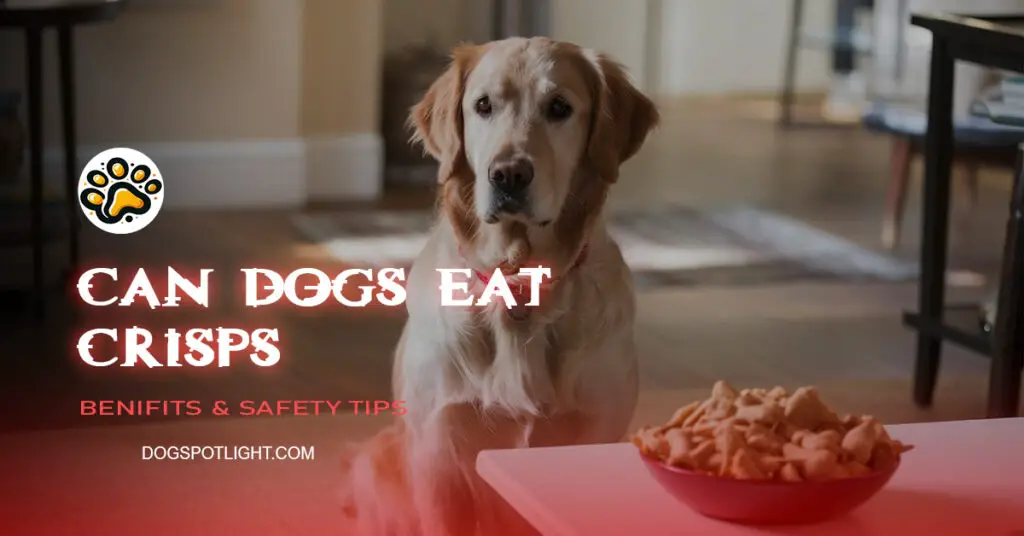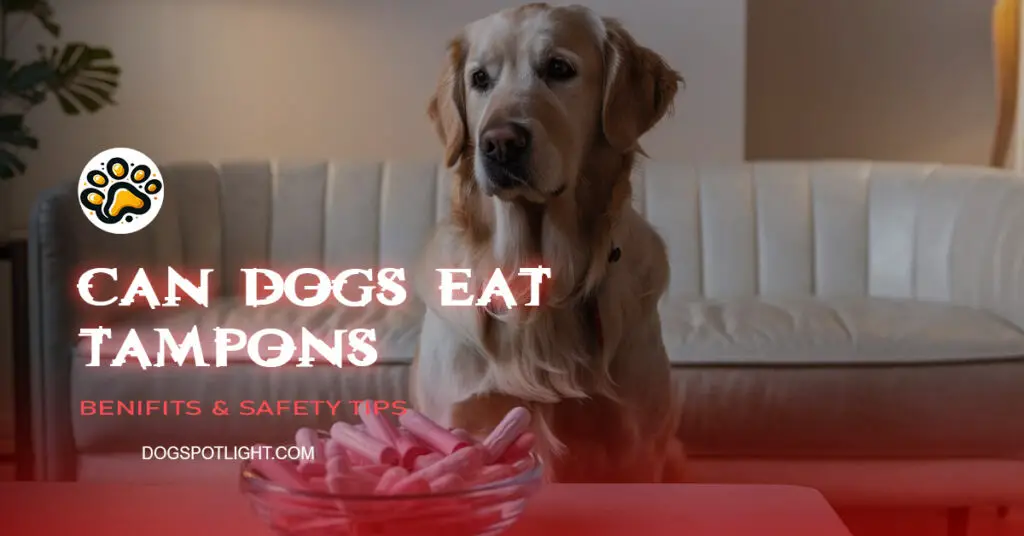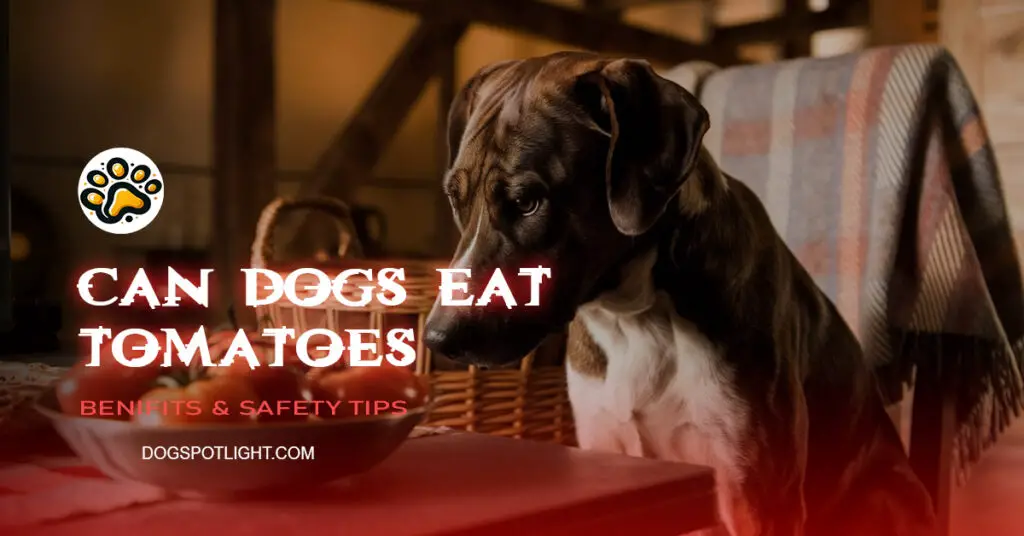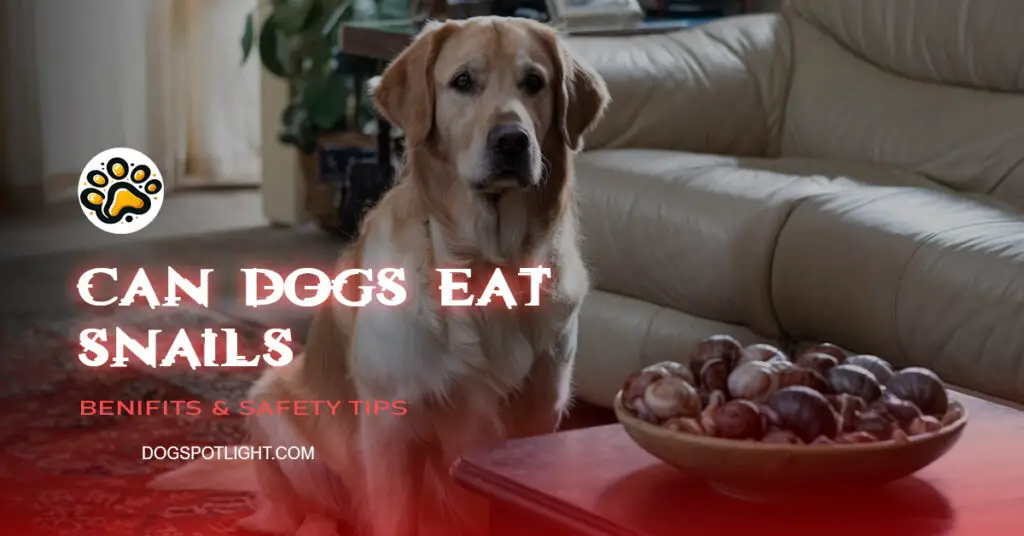Introduction
Mac and cheese is a classic comfort food loved by many for its creamy texture and cheesy flavor. While it’s tempting to share this delicious dish with our dogs, it’s important to consider their unique dietary needs and potential health risks. Not all human foods are safe for our furry friends, and mac and cheese presents specific concerns. In this article, we’ll explore whether dogs can safely enjoy mac and cheese, the ingredients involved, the benefits and risks, and healthier alternatives that can satisfy your pup’s cravings without compromising their health.
Can Dogs Eat Mac And Cheese?
Yes, dogs can eat mac and cheese in small amounts, but it’s not advisable due to high fat and potential lactose issues. Always consult your vet first.
- Introduction
- Can dogs eat mac and cheese?
- Ingredients of mac and cheese?
- Is mac and cheese safe for dogs?
- Is mac and cheese bad for dogs?
- Is mac and cheese toxic to dogs?
- Benefits of mac and cheese for dogs
- Risks of mac and cheese for dogs
- The healthy alternative of mac and cheese for dogs
- Nutritional Table of Mac and Cheese (per 1 cup serving)
- How do safely feed mac and cheese to dogs?
- What should I do if my dog eats mac and cheese?
- FAQs
Can dogs eat mac and cheese?
While it may be tempting to share your delicious mac and cheese with your furry friend, it’s best to avoid feeding it to them. Mac and cheese is typically high in fat and can be difficult for dogs to digest.Additionally, many types of cheese contain lactose, which some dogs have trouble digesting. Feeding your dog mac and cheese as a treat once in a while is okay, but it should not be a regular part of their diet to avoid potential digestive issues.

Ingredients of mac and cheese?
Macaroni and cheese is a traditional comfort food that is made from basic ingredients. The main constituents of this dish are macaroni pasta, cheese sauce, milk, butter, and flour.
The macaroni pasta is cooked until al dente and then combined with the melted cheese sauce, which consists of milk and butter.
Some recipes also require a roux made from flour and butter to thicken the sauce. Additional seasonings like salt and pepper can be added to improve the taste.
Is mac and cheese safe for dogs?
Mac and cheese may seem like a tasty treat for your four-legged friend, but it is not recommended for dogs. Cheese can be difficult for some dogs to digest, leading to upset stomachs or even more serious health issues like pancreatitis.
The high fat and sodium content of cheese can also be harmful to dogs in large quantities. It’s best to stick to dog-safe treats and snacks to keep your furry friend healthy and happy.
Is mac and cheese bad for dogs?
Mac and cheese can be harmful to dogs due to its high fat and dairy content, which can lead to digestive issues such as diarrhea or vomiting. Additionally, the cheese in mac and cheese may contain ingredients like garlic or onions, which are toxic to dogs.
Feeding your dog mac and cheese regularly can also contribute to obesity and other health problems. It’s best to stick to a well-balanced diet formulated specifically for dogs to ensure their nutritional needs are met.

Is mac and cheese toxic to dogs?
The dish macaroni and cheese can be poisonous to dogs because of what it is made from. Lactose is found in cheese, which dogs have a hard time digesting and causes upset stomachs.
Moreover, gluten is contained in macaroni which may lead to digestive problems for dogs too. Mac and cheese also have high levels of fat and sodium, which could be dangerous for them since they might cause pancreatitis or dehydration.
To keep your pet safe, never give them any macaroni with cheese.
Benefits of mac and cheese for dogs
- Easy to Understand: Macaroni is a carbohydrate that can be digested easily, while protein and fat in cheese support healthy digestion. This makes mac and cheese a good choice for dogs with sensitive stomachs.
- Calcium-Rich: Cheese is an excellent source of calcium, which is necessary for maintaining strong bones and teeth in dogs. Calcium also helps muscle and nerve function.
- Protein Packed: Dogs need protein from their diet to build and repair muscles; cheese contains it. You can add some extra proteins to your dog’s meal by giving them macaroni and cheese.
- Aids Weight Gain: Macaroni and cheese are high-calorie foods that provide additional energy for healthy weight gain in underweight dogs.
- Improves Mood: Carbohydrates combined with cheese in macaroni increase serotonin levels, which have a calming effect on dogs and reduce anxiety.
Risks of mac and cheese for dogs
- High-Calorie Content: Mac and cheese is full of calories, which can make dogs fat if they eat too much. Obesity can cause diabetes, arthritis, heart disease, and other health problems.
- Lactose Intolerance: Dogs are lactose intolerant because they lack the enzyme to break down lactose in milk. This means that eating cheese or any other dairy product will give them an upset stomach with diarrhea, gas, and bloating.
- Choking Hazard: Small dogs can choke on macaroni if it’s not cooked properly. So always cook pasta al dente and cut it into small pieces for your little friend.
- Allergic Reactions: Some dogs may be allergic to dairy or gluten found in macaroni and cheese. If this happens, their skin will itch all over while hives pop up everywhere, making breathing difficult too!
- Nutrient Imbalance: Macaroni lacks fiber which is important for digestion; vitamins are necessary for good health as well as minerals needed by the body. Therefore feeding your dog mac & cheese regularly would lead to malnutrition since these nutrients are not provided in sufficient amounts, thus causing various related illnesses.
The healthy alternative of mac and cheese for dogs
- Sweet Potato and Carrot Mash: Sweet potatoes and carrots are rich in fiber, vitamins, and minerals, making them a nutritious substitute for macaroni. Simply boil or steam them until tender, then mash together with a bit of healthy oil or butter.
- Green Bean and Pumpkin Casserole: Green beans and pumpkin are low-calorie, nutrient-rich ingredients that can be used to make a delicious casserole. Simply steam the green beans, cook the pumpkin, and mix with healthy oil or butter and a sprinkle of dog-safe spices.
- Lentil and Vegetable Stew: Lentils are a great source of protein and fiber, making them an excellent alternative to cheese. Simply cook lentils with vegetables like carrots, zucchini, and green beans, and season with dog-safe herbs.
- Brown Rice and Chicken Bowl: Brown rice is a healthier carbohydrate source than macaroni, and pairing it with cooked chicken provides a boost of protein. Add some steamed vegetables like broccoli or green beans for added nutrition.
- Veggie and Bean Chili: A hearty chili made with vegetables like sweet potatoes, carrots, and green beans, along with beans like kidney or black beans, provides a nutrient-rich alternative to mac and cheese. Simply cook the ingredients together with healthy oil or butter and a sprinkle of dog-safe spices.

Nutritional Table of Mac and Cheese (per 1 cup serving)
| Nutrient | Amount |
| Calories | 300-400 |
| Protein | 10-15g |
| Fat | 15-25g |
| Carbohydrates | 40-50g |
| Fiber | 1-2g |
| Calcium | 150-200mg |
| Sodium | 600-800mg |
Pros
Cons
How do safely feed mac and cheese to dogs?
When feeding mac and cheese to dogs, it is important to ensure that it is safe for them to consume. Avoid using any ingredients that are harmful to dogs, such as onions or garlic.
Additionally, it is best to feed them plain mac and cheese without any added seasonings or spices. Moderation is also key, as too much cheese and pasta can cause gastrointestinal issues in dogs.
Overall, it is important to consult with a veterinarian before introducing any new human foods into your dog’s diet.
What should I do if my dog eats mac and cheese?
If your dog eats mac and cheese, it’s important to closely monitor them for any signs of distress or discomfort. Mac and cheese may contain ingredients that are harmful to dogs, such as onion or garlic.
If your dog starts showing symptoms such as vomiting, diarrhea, or lethargy, it’s best to contact your veterinarian immediately.
It’s also important to keep human foods out of reach of your pets to prevent any accidental ingestion in the future.
In conclusion, while mac and cheese can be an enticing treat for dogs, it’s important to approach it with caution. Always consult with your veterinarian before introducing new foods into your dog’s diet.





